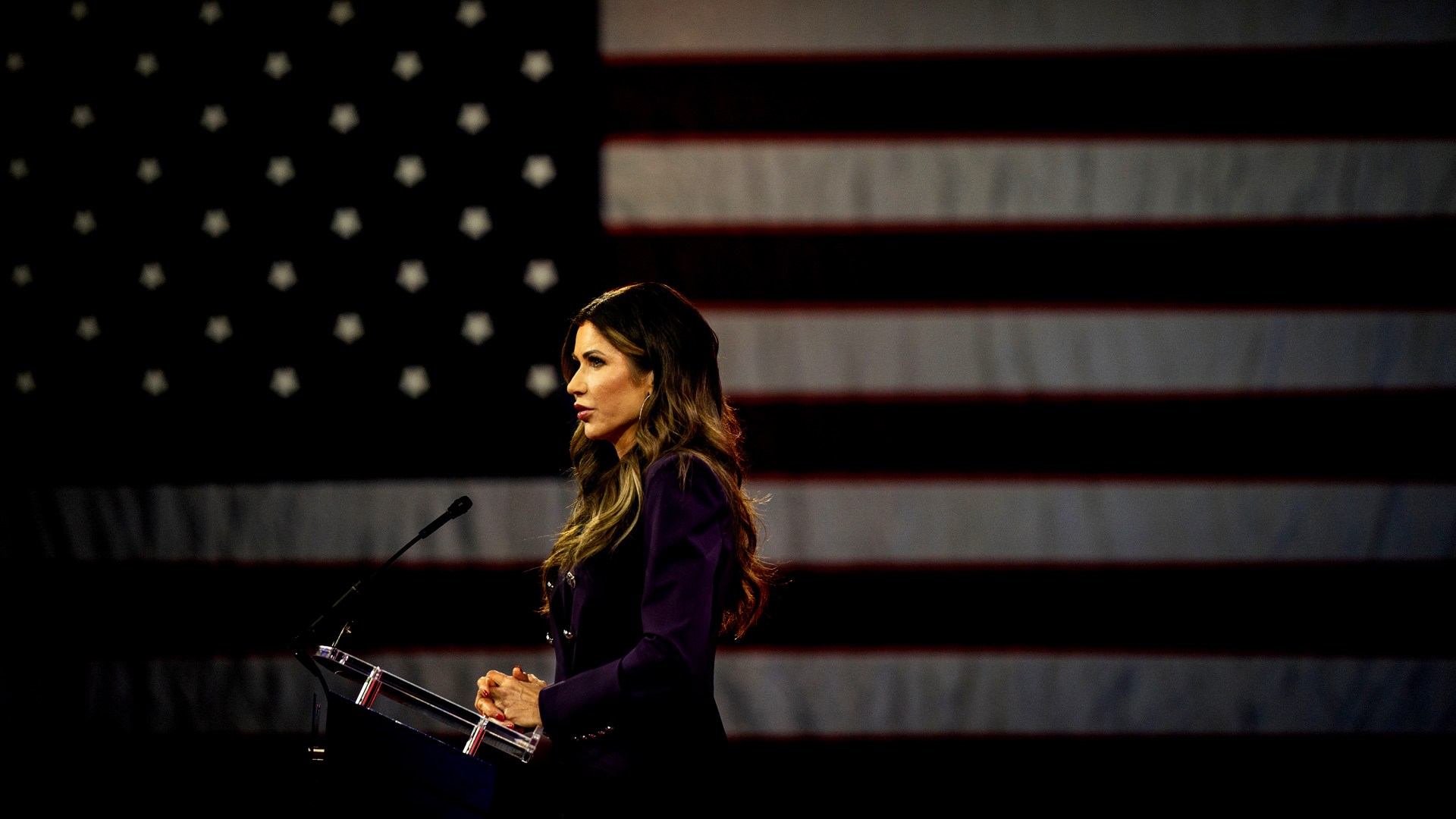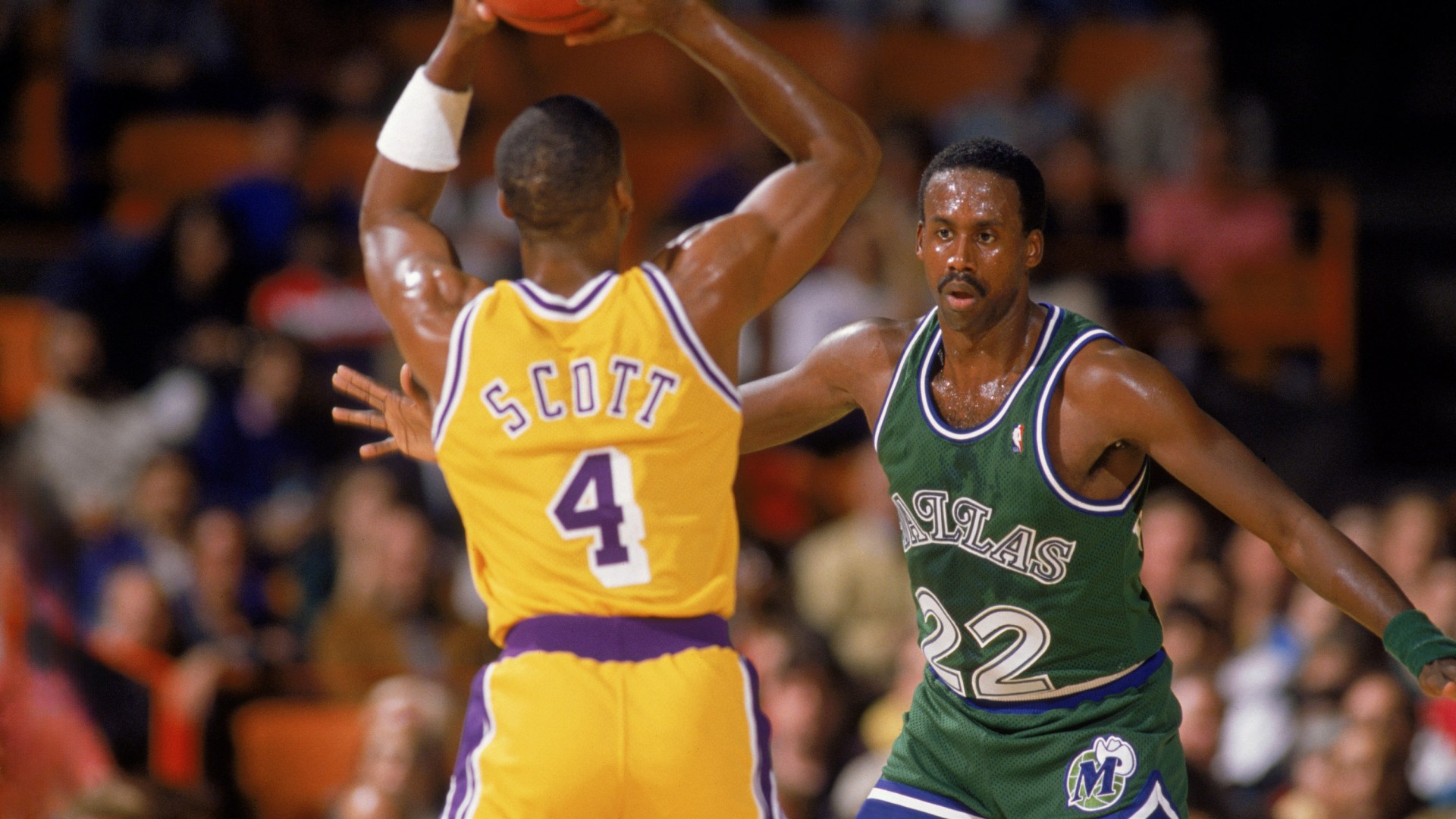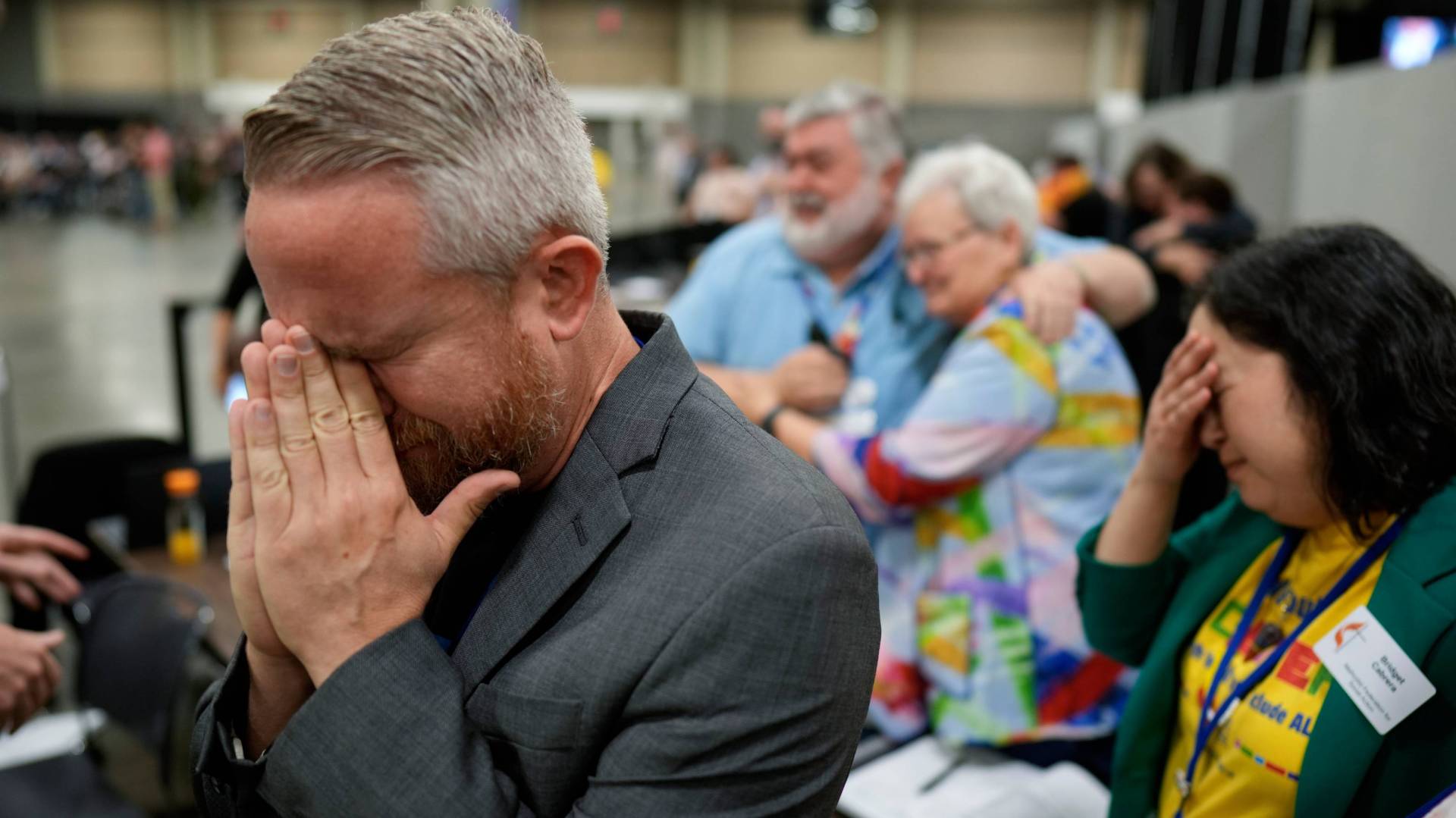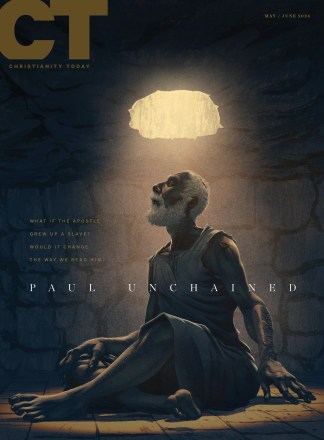This piece was adapted from Russell Moore’s newsletter. Subscribe here.
Decades ago, before he was a nationally recognized face, Stephen Colbert featured a “Better Know a District” segment on his show The Colbert Report in which he would parody a far-right cable news host as he interviewed members of Congress, trying to get them in awkward situations for comedic effect.
In his interview with John Yarmuth, then a congressman from Louisville, Kentucky, Colbert referenced Yarmuth’s past life as a debater on local television. He challenged Yarmuth to show his debating chops by instantly debating the opposite side of a question of Colbert’s choosing. The stance Colbert chose to take was that throwing kittens into a wood chipper was a bad thing to do—and he then pointed to Yarmuth to argue the other side—that sometimes, throwing kittens in a wood chipper is the right thing to do.
The joke, of course, was that no decent human being, much less a politician seeking votes from a majority of the population, would ever want to be seen making the case for throwing kittens in a wood chipper. This past week, South Dakota Gov. Kristi Noem proved that, as much as the American public has shifted on all kinds of issues, there still isn’t much of a constituency in this country for “Throw Kittens in the Wood Chipper”—or, more accurately in this case, “Shoot Puppies in the Head.”
In fact, many people have noted that this might be the most united that Americans of both parties and all tribes have been of late—all in expressing revulsion at Noem’s self-disclosure in her memoir that she “hated” her 14-month-old dog Cricket. When Cricket wasn’t trained enough to hunt pheasants instead of chickens, then bit the governor, Noem shot the dog and buried her in a gravel pit.
There’s little question that Noem won’t be gunning down her next pet from the vice-presidential residence at the Naval Observatory. That’s obvious. What’s less obvious is why, even with all of our moral divisions, this kind of story can still call forth such strong emotions in most people.
Michael Knowles, a commentator at The Daily Wire, argued that the outrage over Noem’s boast of her dog-killing skills is just one more example of liberal elitism. Urban progressives are the ones who treat pets like children, he said, sometimes pushing their dogs or cats down city streets in baby strollers.
To some degree, he’s right. I can’t imagine a soul where I grew up, in the little Woolmarket community of Biloxi, Mississippi, ever putting a dog in a baby carriage. That said, Knowles’s argument could only come from an urban dweller who knows no more about rural America than the people he lampoons. It had the feel of The Office’s Michael Scott—after getting caught undressing in his office—telling receptionist Pam that “European offices are naked all the time.” Pam replies, “They’re so not.”
Yes, rural Americans often don’t rely on veterinarians to euthanize their sick pets. Sometimes, a quick, merciful shooting—rather than an injection—is, in fact, how someone will “put down” a dog suffering with distemper or rabies or cancer. It does not follow, though, that most people—rural, urban, or suburban—would kill a pet for not being trained properly (or a cow for not producing enough milk, etc.).
So why does this story evoke such strong emotion—enough to shoot a politician’s political career in the face in front of the whole world?
A friend texted me that question on day three of the news story. He wasn’t for gunning down puppies, but how, he wondered, with all that’s happening—including the potential for World War III erupting from Gaza or Ukraine or Iran or Taiwan—would this be such a big story?
Other people would point out that there’s so much human suffering that we put out of our mind. Those who believe (as do I) that abortion is a violent act, or those who believe (as do I) that some capital punishment techniques are inhumane, might wonder why a puppy can unite us in recognizing cruelty when these other things do not.
That’s a good question. It might be that recognizing animal cruelty is not necessarily a replacement for a concern for (vastly more important) human dignity, but it might be a starting point for recognizing a greater truth.
As much as some caricature the Bible’s picture of humanity as the crowning point of creation as being the origin of a rapacious mistreatment of the earth—including animals—almost no one really believes that animal life and human life are equal in moral value or moral accountability.
When the ethics entity I led came out for legislation banning animal fighting (such as when one gambles on which pit bull or which rooster will kill the other), a very concerned church lady let us know that she thought it was a waste of time. “Animals don’t know what the law is,” she said. “If they want to fight, they just fight.”
We had to explain that the bill was not to penalize animals in the wild from fighting each other. She misunderstood the bill, but her intuitions were in the right place. We find Kristi Noem shooting Cricket to be morally weighty in a way we don’t find Cricket killing chickens. Human beings are morally responsible creatures in a unique way—including in the way we treat our fellow creatures.
The Bible tells us so. When Jesus said that a human life is worth “more than many sparrows” (Luke 12:7), he did so in the context of saying that not one of those sparrows is forgotten or unnoticed by God (v. 6). In fact, the Bible itself shows us that we are designed to see a parallel between animal creatures and ourselves in some key respects.
The apostle Paul references the command “Do not muzzle an ox while it is treading out the grain” as an analogy for paying those who labor within the church their just wages (1 Tim. 5:18). The entire Old Testament sacrificial system is about seeing something morally significant, though not ultimate, in the shed blood of bulls and lambs in a way that would not be the same with, say, an offering of wheat or of bread.
God commanded the people of Israel under Moses—just as he would before in the days of Noah and afterward with the early Christian church—not to eat the blood of an animal: “For the life of a creature is in the blood, and I have given it to you to make atonement for yourselves on the altar; it is the blood that makes atonement for one’s life” (Lev. 17:11).
We learn to recognize the Lamb of God through thousands of years of God’s people seeing, well, actual lambs.
We recognize this created analogy when things go horribly wrong with the way people treat animals. Almost every story about a serial killer’s childhood includes the torture of animals. Consciences that are seared in some things often move to greater and greater things. The loss of the ability to wince at the sight of a suffering animal is often an early sign of a similar loss of conscience at the pain of other human beings.
By contrast, how many of us grew up better able to care for and love other human beings because we loved and took care of a Labrador retriever or some guinea pigs?
Children starving in Gaza are more important than dogs and cats. Vulnerable unborn human life is of more significance than that of pets. The poor should compel us to compassion more so than cruelty to animals. That human beings are more important does not mean, though, that the lives of animals are not important.
Part of the fallenness of this world is that, as sinners, we seek to make invisible whatever we as human beings don’t want to see. When we don’t want to see the suffering of a poor Lazarus under the table or a beaten man off the road to Jericho, we turn away.
Often, our proximity to the pets we love means that we don’t sinfully protect ourselves from seeing them. We wince when we hear of cruelty to them because we aren’t expecting it, and we can imagine it.
Rather than denouncing the inconsistency here—of loving sparrows more than people—perhaps we should do it the other way around. Maybe we should note that we all seem to rightly recognize that we should treat our pets without cruelty—and then we might ask ourselves why we do not extend an even more emphatic moral responsibility for one another.
We live in a world of moral numbness, of human cruelty. We disagree on matters that should be obvious to any functioning conscience. When we see an exception to that, we should note it and be glad.
We seem to still know that shooting a puppy and throwing kittens into a wood chipper is a bad thing to do. We should try to ask why we notice it and seek to build on that.
Russell Moore is the editor in chief at Christianity Today and leads its Public Theology Project.
















































